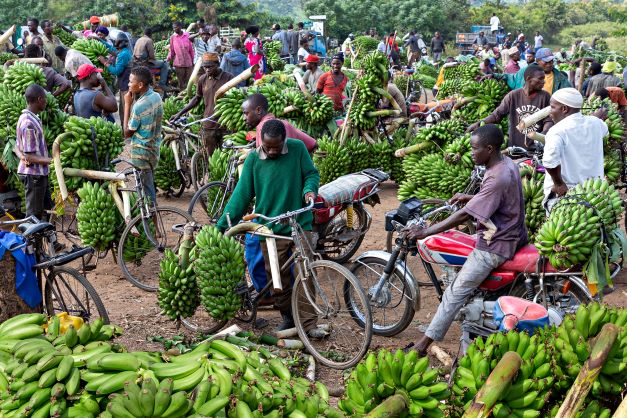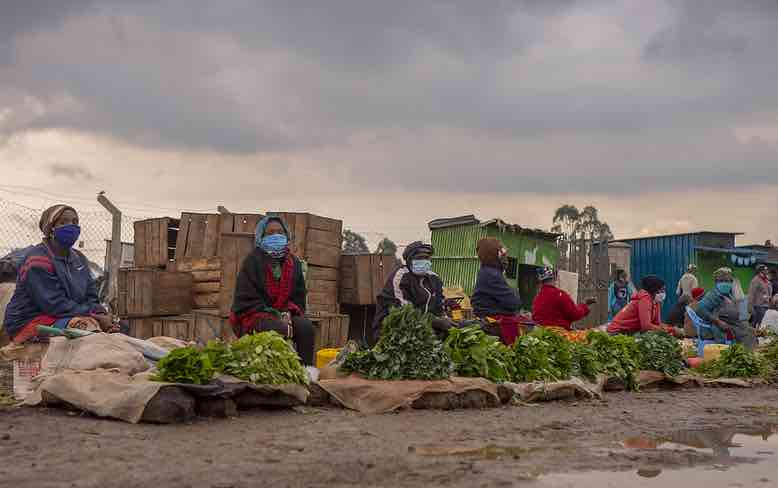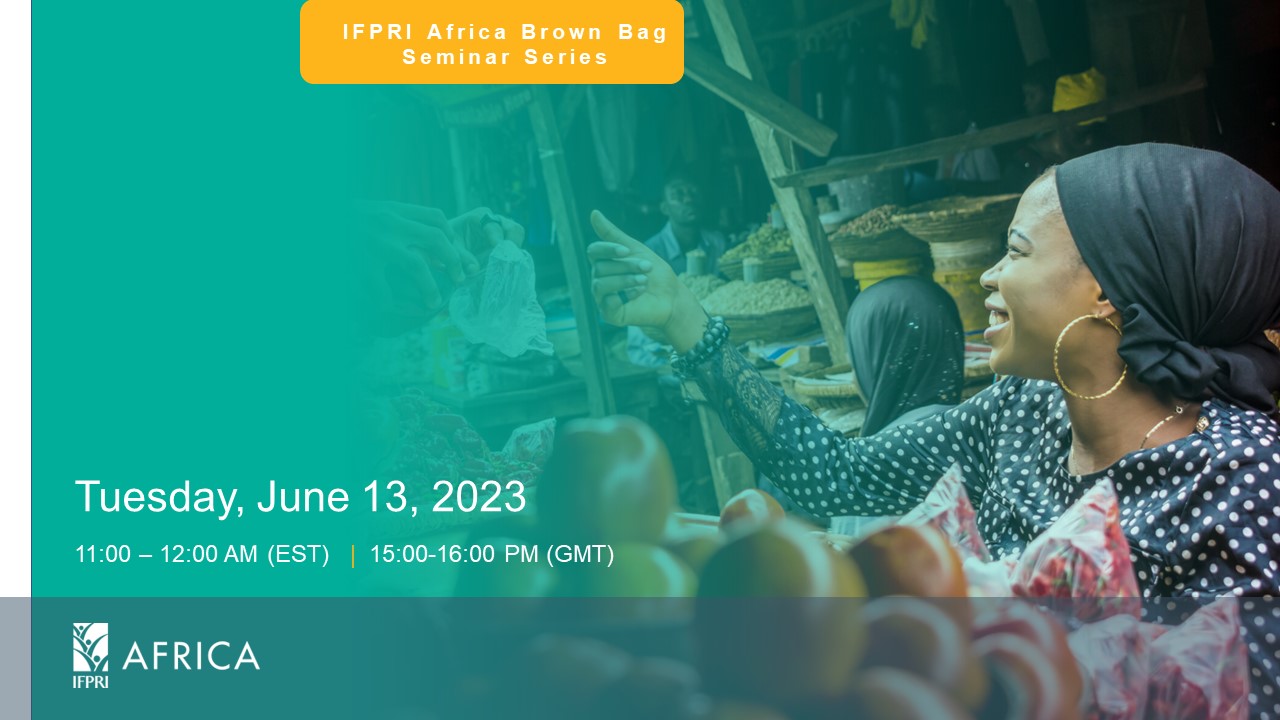IFPRI Africa cordially invites you to a Brown Bag Seminar on
‘’ The Policy Bias of Treating Shocks to Food Security As Identical and Independent ‘’
Tuesday, June 13th , 2023
11:00 – 12:00 AM (EST) | 15:00 – 16:00 PM (GMT)
Presented by:
John Ulimwengu
Senior Research Fellow | Development Strategies and Governance| IFPRI
Abstract:
The frequency of food shocks is increasing over time while more and more households are frequently exposed to multiple shocks. For example, change in global precipitation and runoff is expected to intensify with global warming, which will likely increase the intensity of extreme precipitation events and the risk of flooding. The twenty-first century has witnessed a wave of severe infectious disease outbreaks causing a devastating impact on lives and livelihoods around the world. Two billion people, or a quarter of the world’s population, now lives in conflict-affected areas, according to the United Nations. The U.N.’s Secretary-General António Guterres declared that the world is experiencing the highest number of violent conflicts since 1945. These cumulative shocks pose significant threats to the resilience and sustainability of food systems. Timely response to shocks becomes critical as households that have lost their livelihoods because of a shock can rapidly deplete assets and engage in coping strategies with long-term effects on well-being. Given resources constraints, proposed responses must be based on evidence. However, in addition to the lack of adequate data, empirical misspecifications may corrupt needed evidence to design, implement and monitor required interventions in the face of multiple shocks. In this paper, I define a broad typology of shocks treatment (identical and independent shocks; non-identical and independent shocks; non-identical but dependent shocks) to estimate the bias of misspecification and how it may affect the formulation of food security interventions. A combination of probit ordered probit and multivariate probit models is used on data from several rounds of the Food Security and Nutrition Monitoring System surveys from South Sudan.
Presenter:
John Ulimwengu is a senior Research Fellow. His research foci include poverty dynamics, economic growth, and rural development. He is involved in research and policy advisory work on sector policy and strategy issues related to the implementation of the AU/NEPAD’s Comprehensive Africa Agricultural Development Program (CAADP).
Moderator:
Suresh Babu is a Senior Research Fellow and Head of Capacity Strengthening at IFPRI.





